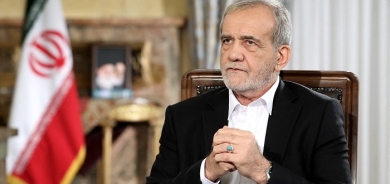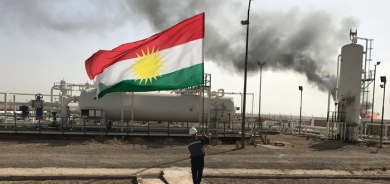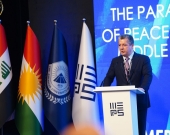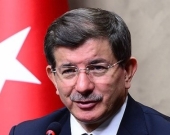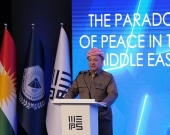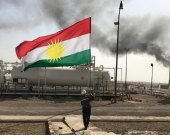Joint Initiative by Iraqi Government, UN, and Local Partners: Five Million Trees to Be Planted Across Kurdistan Region and Iraq

In a collaborative effort between the Media and Information Department, the Ministries of Environment and Agriculture of the Federal Government of Iraq, and with the support of the United Nations, a groundbreaking campaign is set to kick off, aiming to plant an impressive five million trees across the Kurdistan Region and Iraq at large.
Herman Ahmed, the campaign coordinator based in Erbil, expressed optimism about the project, stating, "The Batuniya trees chosen for planting are highly suitable for Erbil's environment and will play a significant role in enhancing its ecological landscape in the future."
This ambitious campaign is being executed through a partnership between official government bodies, the private sector, and enthusiastic youth participation. The initiative seeks to expand green spaces in the Kurdistan Region and Iraq, concurrently addressing environmental protection and combatting pollution.
According to Haldan Suleiman, a student actively engaged in the campaign, "This initiative acts as a catalyst for people and young individuals to actively participate in tree planting, ultimately increasing green spaces and fostering a better environmental setting for the region."
Ghulam Is'haqzai, the United Nations Coordinator in Iraq, emphasized the importance of this joint effort, stating, "This collaborative campaign involving government entities, the private sector, and the youth is of utmost significance in mitigating the negative impact on the Iraqi climate. It aims to transform the landscape, making strides towards a greener country and providing a more sustainable environmental future."
Notably, over the past five years, Erbil has witnessed the successful planting of one million trees, setting a positive precedent for the upcoming expansive initiative. This joint endeavor reflects a commitment to environmental sustainability and a united front against the challenges posed by climate change and pollution in the region.


